|
So, you want to become an actor? Here are some of the best steps taken by those pursuing an acting career:
An Actor's training is never done. Even the biggest names (Bradley Cooper, Charlize Theron, Keira Knightley & more) need to continue their actors training on set and between roles. As the industry changes (and it can quickly as we learned during Covid) your skills as a performer need to be at a peak state. Our team has looked at some the most essentials skills that we look at for a performer to keep up with during their training.
IPM Acting Academy Keeps You Industry Ready with Beginner & Professional ClassesFrom Ages 7 to Adults, Group & Private Sessions, IPM Acting Academy's classes bring the practical side to actors training for your career growth and progression with current industry trends!
With the restrictions easing, children have begun returning to school and their social bubbles. But what kind of effects has the lockdown had on children and young adults? People are social by nature and social skills are the biggest part of development for children. So how can an acting class help with kids' social development skills and interactions? With many programmes having to be put on hold due to Covid19, the team at IPM have taken a look at what our classes do to help children through the art of screen acting as our own studio begins to re-open!
Our acting classes are proven to help improve children's grades. When kids have a creative outlet, their minds look at school subjects in a new light. Presentations and class conversations feel less intimidating and the fun side of solving a maths problem becomes more visual in a child's mind. The creative process of acting can apply to many things in an academic environment and their confidence grows when children learn a new skill and feel their own personal growth.
Start You Kids' Acting Journey Today with IPM Acting Academy! Join on the Button Below
ActionAs classic, and the number one filmmaking term actors need to know. This is your cue as an actor to start the scene. This could be a movement or a delivery of a line but as the word implies, it is time to get moving. Usually delivered by the director, or the 1st AD, who follows the end of a take with a loud “CUT!” when it's time to stop the scene (and cameras) from rolling.
BlockingBlocking or blocking a shot is basically the camera positioning process that the director, lighting crew and D.P (director of photography) must work out per each movement and position of all involved in a scene. This helps coordinate all aspects of filming ahead of time so minimal adjustments need to be made. SidesThis is basically a condensed version of the overall script you should have learned, just the section that is being filmed that day is in this copy. It makes the referral to the scene easier for both production crew and actor to have it on hand, rather than the much larger original format. This is also a term used in casting for audition scripts that are selected specifically for a character.
First PositionsYou can likely guess what this term means from its self-explanatory title- and no it is not a ballet step! It is yours (and everyone else’s- co-stars, extras, etc) first position in a scene and where you will begin your lines/movement from a specific point on set if there is movement. A director may even halt a scene and want to start it “from the top” and require all on set to return to first positions. WrapNow any movie lovers will know that this golden word symbolises the end of a long day of shooting; hearing “And that’s a wrap” tends to elicit tired cheers and applause from the crew and actors. As you can tell it means to wrap things up and shows that all shooting for that production has ceased and it is time to pack up equipment and go home as everything is taken over by post production. Want to know more about the the Film Industry as an Actor? Join IPM Acting Academy today to begin your Acting Journey!What a lovely idea to keep the kiddies busy for half an hour or so this half term (during lockdown). ITV have created a wonderful creative project where your children can get involved in drawing, painting or sketching your best picture of the ITV logo. All you need to do is download and print a copy of the ITV logo then get creative, then ask your parent or guardian to post a photo of your design using #ITVKidsCreate on Twitter or Instagram and make sure you’re following @ITV. If your design is chosen you will see it join forces with other kids’ designs to create a unique ITV logo to be shown on TV. To help you get started, you can download a template of the ITV logo here and use it to help colour in. Download template here. Guidelines
How do I submit a design? You can download our template of the ITV logo Download template here and paint or sketch us your best design. Then ask your parent or guardian to post a photo of your design using #ITVKidsCreate on Twitter or Instagram and make sure they are following us @ITV.If we’d like to use your /your child’s design, we will contact you on Twitter or Instagram with a link to an online form for you to complete, for a chance to have the design featured on ITV. Can I apply if I’m not in the UK? Unfortunately, not, you/ your child needs to be based in the UK to take part. Any tips on how to create a great design? Download our template of the ITV logo Download template here and get creative! Other than ITV, please don't include any other brands or logos in the design as we won't be able to show these. Designs must be A4 size on plain paper and then photographed. When is the closing date for submission? The closing date is Friday 26th February 2021 at midnight. If my child’s design is chosen, when will it be shown on ITV? We will be showcasing different designs every day between 1st – 31st March 2021, so keep an eye out on ITV to see if you’ve been chosen! Unfortunately, we can’t give any more accurate information on when your child’s designs might be shown - so keep your eyes peeled on our channel! How will my child’s design be shown if it is chosen? This time we will be combining a number of designs together to make one ITV logo - as a collaboration between different children across the nation and their designs. Is there an age limit? You will need a parent or guardian aged 18 or over to submit your photograph with our #ITVKidsCreate on Twitter or Instagram and follow @ITV to enter. Netflix AuditionSo you want the low down on how to audition for Netflix, or where to audition for that matter? Then you have come to the right place. If you want to be an actor then you have most likely fantasised about starring in one of their award winning productions. After all Netflix is a household name and is known for streaming some of the biggest movies, TV shows, and productions. Arguably, over 180 million people subscribe to Netflix’s streaming services. So if you want to make it in the industry it is the place to be seen. Netflix Love New FacesNetflix is known for being open to casting unknown actors. Netflix has a huge variety of interesting, unique, and different stories, films, and shows produced and distributed by Netflix. Consequently, it allows aspiring actors more chances to land an acting job. However, that doesn't mean go ahead and contact them yourself: info@netflix.com is NOT going to get you the job on the next project. Start ActingIf its your dream to become an actor you're not going to get that next big role by sitting and watching the shows on Netflix, perhaps you will learn a lot from your fellow onscreen actors, but the most important thing to do is start acting! People will wish their whole life to be actors and never step foot in a training facility or on stage. Practise makes perfectSo if you are serious about getting that next job, then definitely start training. I would say download a monologue, film yourself performing it and watch how you look, however you probably won't know how to prepare for the delivery that is required for screen acting. Thats where we come in, if you are looking to start training - we specialise in screen acting and can lead you to all the things you require to be even considered for roles on some of the major networks like Netflix. Make sure you enquire HERE so we can help you with the next steps. What do I need to get that Audition with Netflix?TALENT First and foremost TALENT, but don't worry this is something you can develop with training and experience. PROFESSIONAL HEADSHOT No a selfie just won't cut the mustard, if you want to be an actor then you will most definitely need a professional headshot, with at least a few alternative looks. CV Actors who end up on great shows, will have worked incredibly hard on their craft and they will have most likely done anything to get the opportunities, from stage to screen, over time they will build an actors CV with lists of their experience, work and skills. SHOWREEL A professional showreel is like a video CV, its a compilation of your ability in a short video - highlighting work you are proud of r a really good scene highlighting your acting ability. Do I need an agent?Ideally YES, an agent will source audition opportunities, like Netflix Casting Calls, they will also deal with the legalities of things like contracts and payment for work. But the most important thing that you could do is get out actively acting, training and becoming the best actor you can be, you should also LOVE acting, there is always going to be tuff competition especially if you want to make a career out of acting. Do your researchWhen you do get the audition, do your research! A lot of actors attend auditions on a whim, they haven't done there research of even where they are going, never mind researching the casting director, director or project ( as well as its requirements). Basically the more effort you can put in the better!! What if I don't get the job?Well that's how it goes in the industry, most actors attend lots of auditions and often they will "just not be right for the part". This can be for so many reasons it's pointless trying to work it out, if your agent can get feedback then great. If not, its important to keep working on your craft, gaining experience and networking with the right people. Start TodayHere at IPM Acting Academy we an provide you with everything you need to start your steps forward in the industry we offer support and can provide everything you need, including Screen Acting Training, CV support, Professional Headshot Packages and even Showreel Services, if you want to grow a screen acting career we are the place to be: JOIN HERE
Best Actor
Best Actress
Best Supporting Actor
Best Supporting Actress
*‘BRITS ON THE LIST’ Honourable Mentions *
Want to learn to be in front of the camera?
|
Alfred Hitchcock | Beginning with a legend of cinema, even several years after his death, legendary director Alfred Hitchcock directed roughly fifty films in a span of 6 decades. A London native, Hitchcock introduced new filmmaking techniques that established a new relationship between audience and film- effectively bridging a gap between reality and fantasy with his new “Hitchcockian” style of filming. “The Master of Suspense” ‘s filmography, beginning in the late 1920s and spanning to almost the beginning of the eighties, were typically thriller/ psychological horror in its elements. Some of his best-known works that feature these themes are Vertigo, Psycho, Rope- all films with murder being the act that is foregrounded in the events of the film. His work still influences having established a new layer of cinematography that some of our greatest filmmakers today have incorporated into their work. |
| It is almost fate that this UK director bears a name with a resemblance to an iconic American action movie star, as the same star power is reflected in this filmmaker’s work. Favouring an exploration of race, sexuality and violence, McQueen's style is derivative of experimental creatives such as Andy Warhol and Buster Keaton to name a few. Any fans of McQueen’s work will notice the same tone reflected in his work; a consistent theme cultivated through his collaborative efforts with fellow Brit Michael Fassbender. This was first seen in his first feature length (having previously produced short films under his director credit) film Hunger (based on the real events of the 1981 Irish hunger strike) and again Shame (another Fassbender/McQueen collab dealing this time with sex addiction), starring another UK talent Carey Mulligan | Steve McQueen |
Sam Taylor-Johnson | She started working in photography and film in the 1990s, alongside fellow Young British Artists, Damien Hirst and Tracey Emin. And now her latest work A Million Little Pieces has a star studded cast including her partner Aaron Taylor-Johnson, Billy-Bob Thornton, Juliette Lewis and Charlie Hunnam. Another adaptation from a novel based on a writer's rehab journey.One for the Ladies! Known for her directorial debut of Nowhere Boy based on the early life of John Lennon, Sam Taylor-Johnson hails from London and is now taking the world on with her directional work. Stepping into the Hollywood scene, Taylor-Johnson directed Fifty Shades of Grey. The adaptation of the best selling series is just one of the projects that have taken her name international and broke records for the biggest opening for a female director within the industry. |
| Slumdog Millionaire, Trainspotting, 28 Days Later…what do these blockbusters have in common? No, it is not a winningly brave protagonist, but being directed by award winning British director Danny Boyle. Having a strong affinity for the underdog protagonist, Boyle has made films that possess both grit and heart. Trainspotting (1996), Slumdog Millionaire (2008) and 28 Days Later (2002) all carry the typical qualities of a Boyle piece- the background being as important to the plot as the main characters delivering dialogue in the foreground. Everything moves in a Boyle production, that is forces you as the audience to pay attention. So, despite the hallucinogenic drug haze we fall down the rabbit hole into or waking up in an apocalyptic horror of a world taking most of our focus, there is a method to Boyle’s madness. | Danny Boyle |
Ridley & Tony Scott | The Scott Brothers combined are arguably some of the greatest filmmakers of all time. Ridley (the elder of the two, and surviving his brother), and Tony have delivered timeless films in the action, sci-fi, historical and biopic genres beginning their respective careers in the 1960s. While Tony was known for his forays into action and thriller- style films such as the commercially successful Top Gun (starring a lesser-known Tom Cruise in his breakout role) back in 1985, Ridley had a reputation for dabbling in different genres, yet ensuring his trademark filmmaking were a consistent theme in his productions. Some of his science fiction-based work includes the cult Alien series (he is directed the first original Alien film and two of its prequels: Prometheus and Covenant). |
Want to be Camera Ready? IPM Acting Academy was founded by an Award Winning UK director! Get started today on the button below
| Be Specific. Don’t be vague in your goals, Without specificity, actors will not find the satisfaction of identifying the accomplishment of their goal, or they will not take the most efficient steps to accomplish it. Specific goals should be targeted at one thing, and be comprised of series of steps. Start small, like getting your CV started or updated, and work your way up! |
| Be Accountable. The biggest reason ‘resolutions’ or goals are not achieved is because people do not hold themselves accountable for their growth and efforts. Write your goals down, set out a plan and set yourself reminders. If you’re struggling, seek out help. Your goals can be skills to personal fitness, but if you struggle and give up without finding guidance from either professionals or loved ones, you are not holding that accountability to keep trying. This for any goal you set. |
Want to achieve your goals with Professional Industry Training? Join IPM Acting Academy today for Screen Acting modules, filming and more!
| Having a range in your performance skills doesn't just mean genre specific skills, every actor needs to be able to do comedy, drama, horror etc. It means being able to perform for Commercials, Voice Only Roles, Video Games, Presenting Roles and even now social distancing interactions! The list goes on and on to what you could use your acting skills for in the industry. The more you are able to adapt to in the medium and format of a performance, the more opportunities for you to get seen by casting. |
| Stretching your acting muscles for a new skill or method isn't just for the casting and career side of performance growth. It is a personal growth that will become more and more evident in your confidence. The more your confidence grows, the more you push yourself to do better. Giving your characters and emotional performances a new edge. as your creativity goes beyond the specialisations that started your passion for acting. |
Want to broaden Your Range with an Industry Professional Team? Join IPM Acting Academy today - Group & Private Sessions available for Beginners to Professionals!
Author
Castings, Industry News, Job Opportunities, Careers Advise and much more.
Archives
February 2024
January 2024
September 2023
August 2023
July 2023
June 2023
April 2023
March 2023
October 2021
April 2021
March 2021
February 2021
January 2021
December 2020
November 2020
October 2020
September 2020
August 2020
July 2020
June 2020
May 2020
April 2020
March 2020
February 2020
January 2020
December 2019
November 2019
October 2019
September 2019
August 2019
July 2019
June 2019
May 2019
April 2019
March 2019
February 2019
January 2019
December 2018
November 2018
October 2018
Categories
All
BBC Job Opportunity
Blue Planet
Casting Call
Comedy
ITV Job Opportunity
Journalist
TV Pilot
Contact Us |
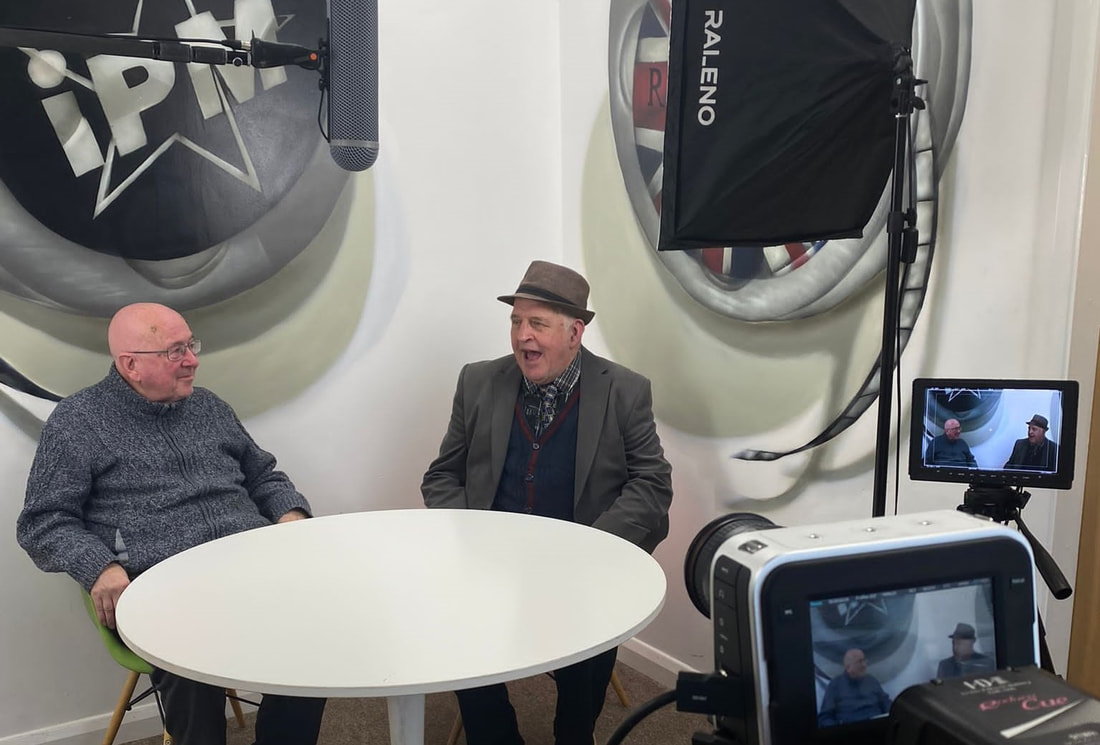
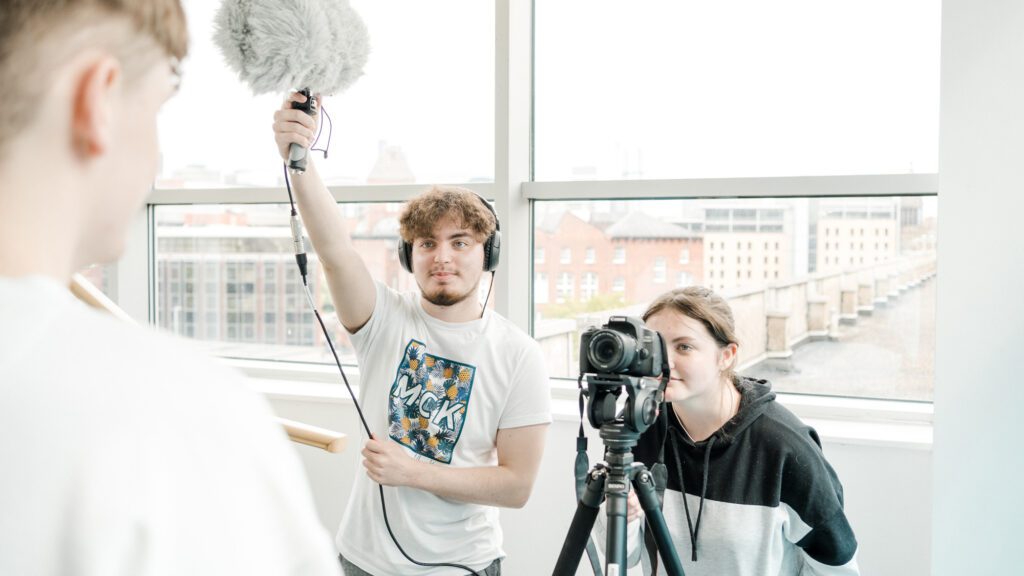



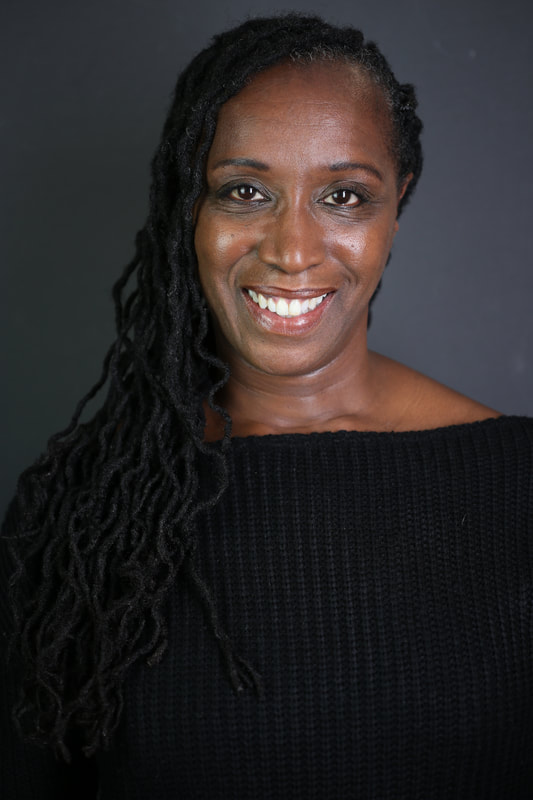






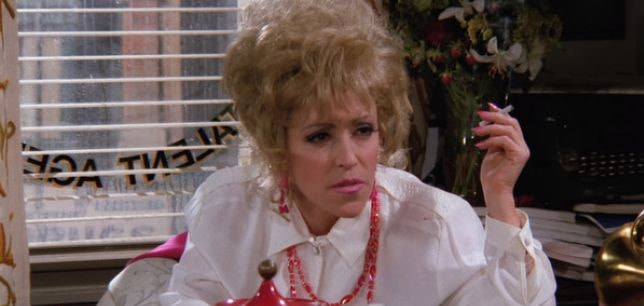

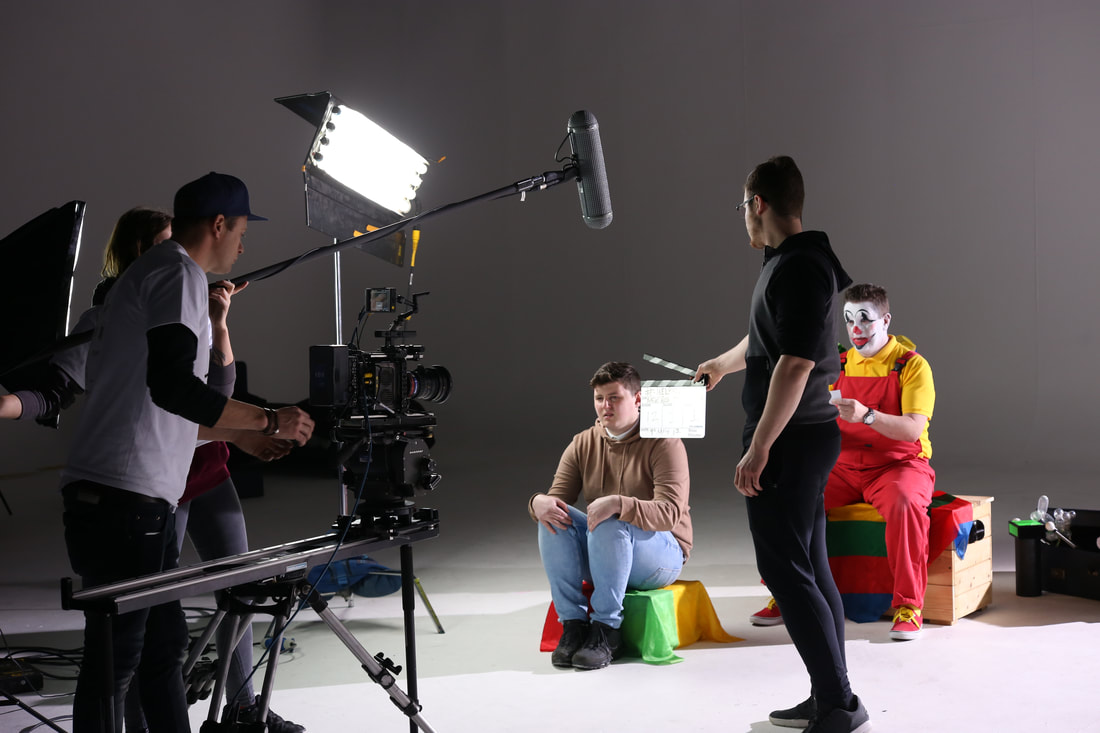
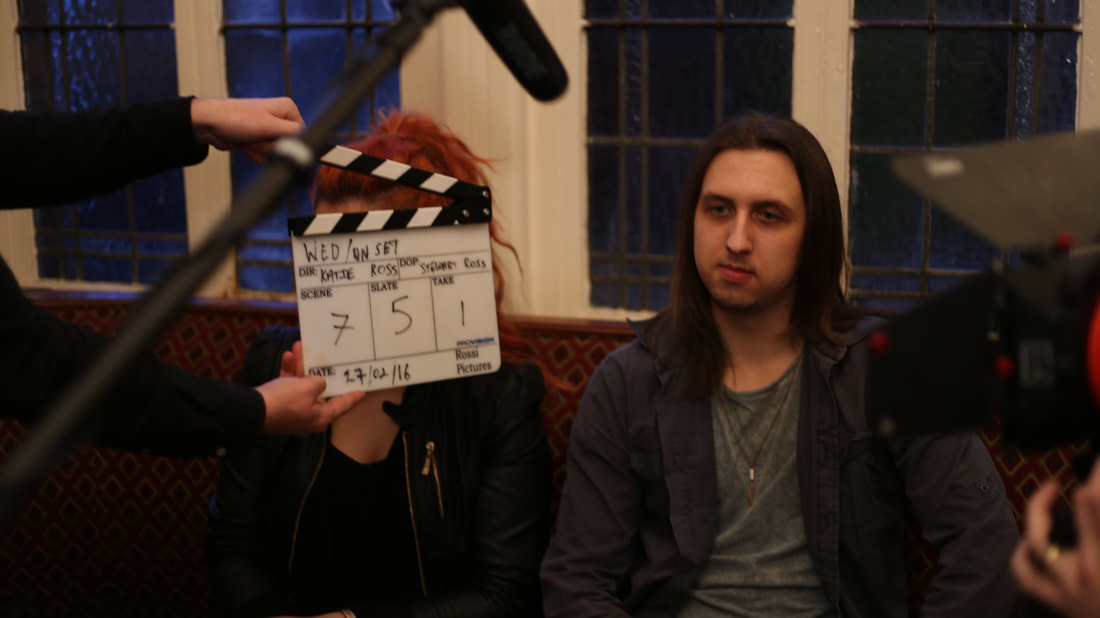
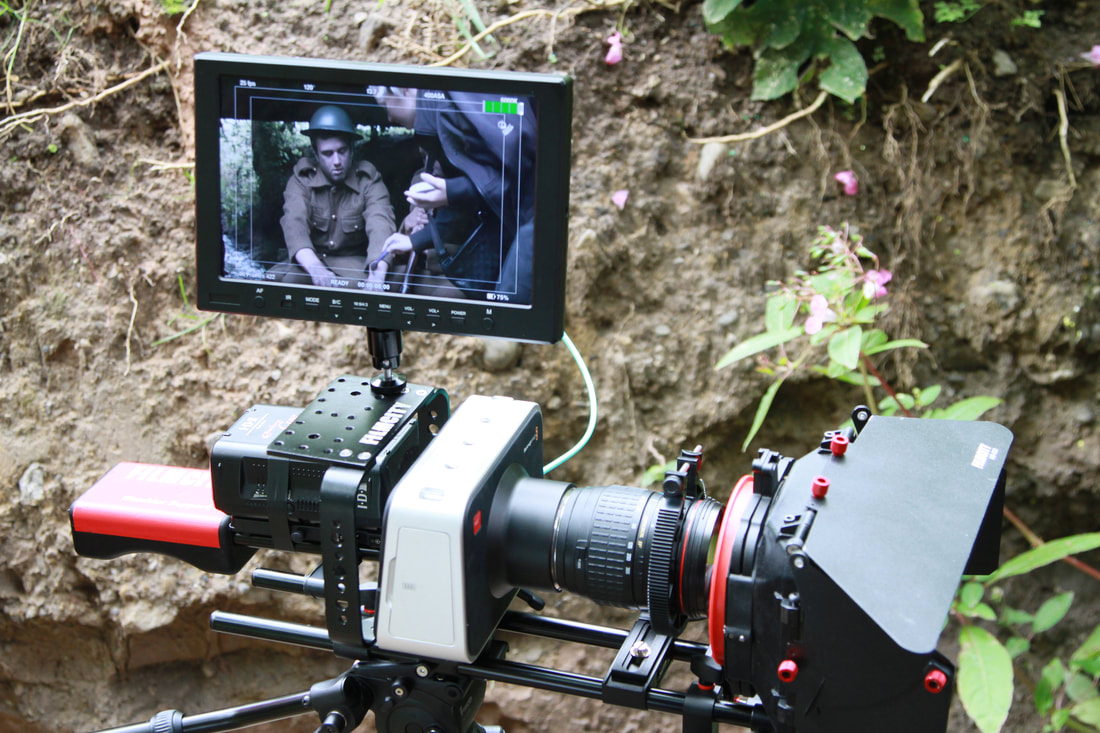




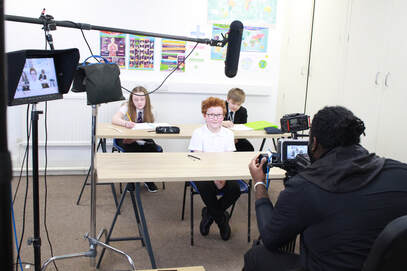
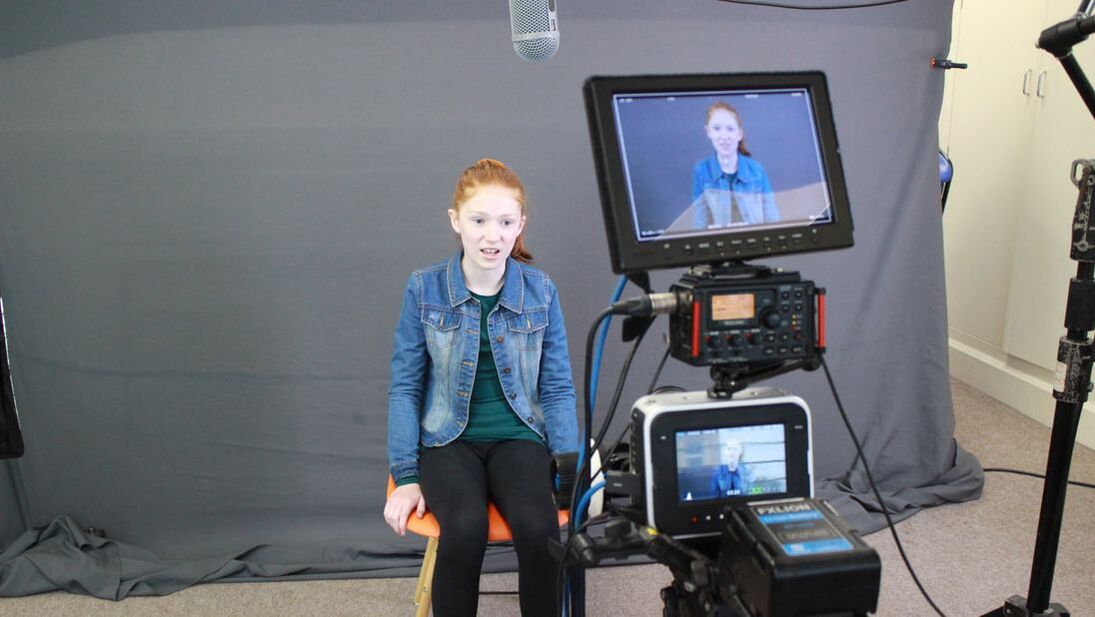
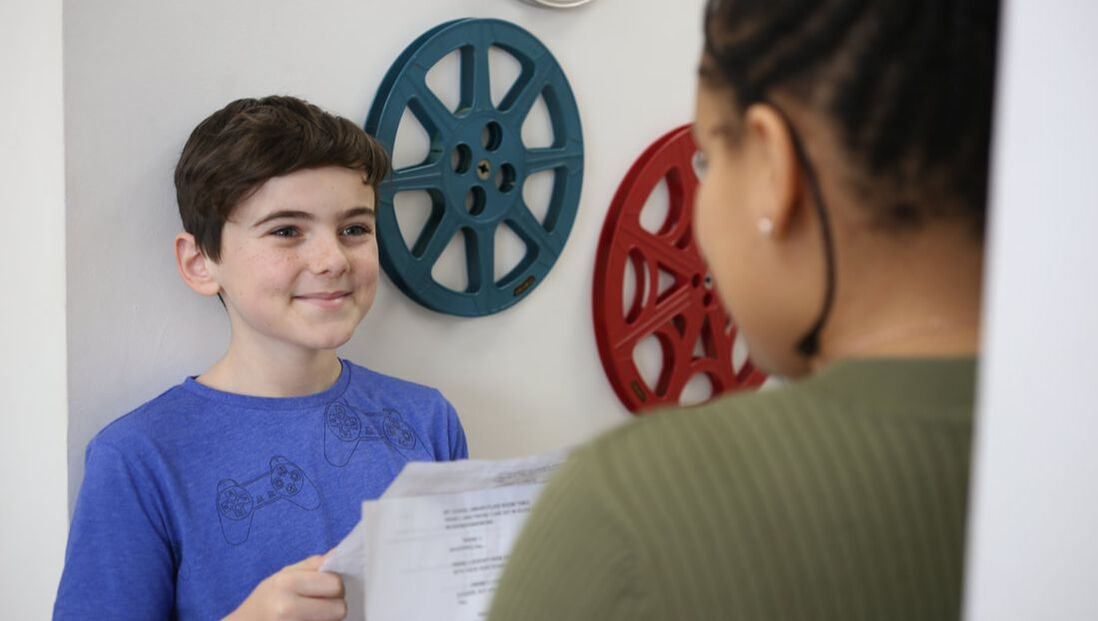

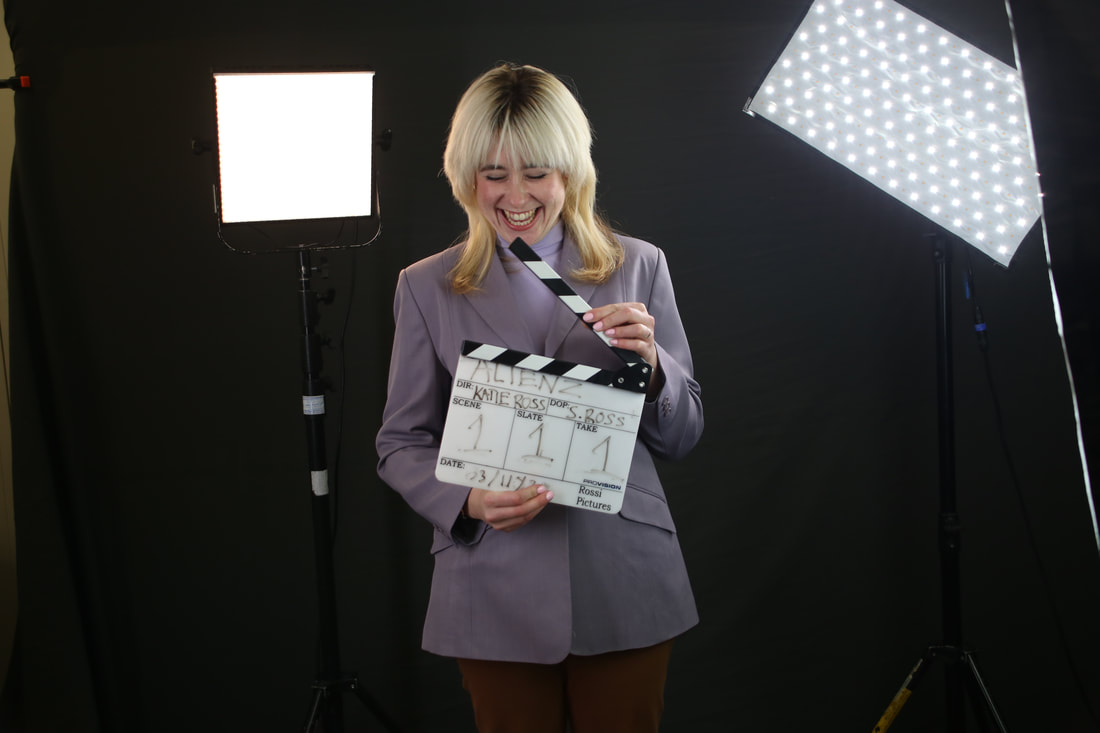



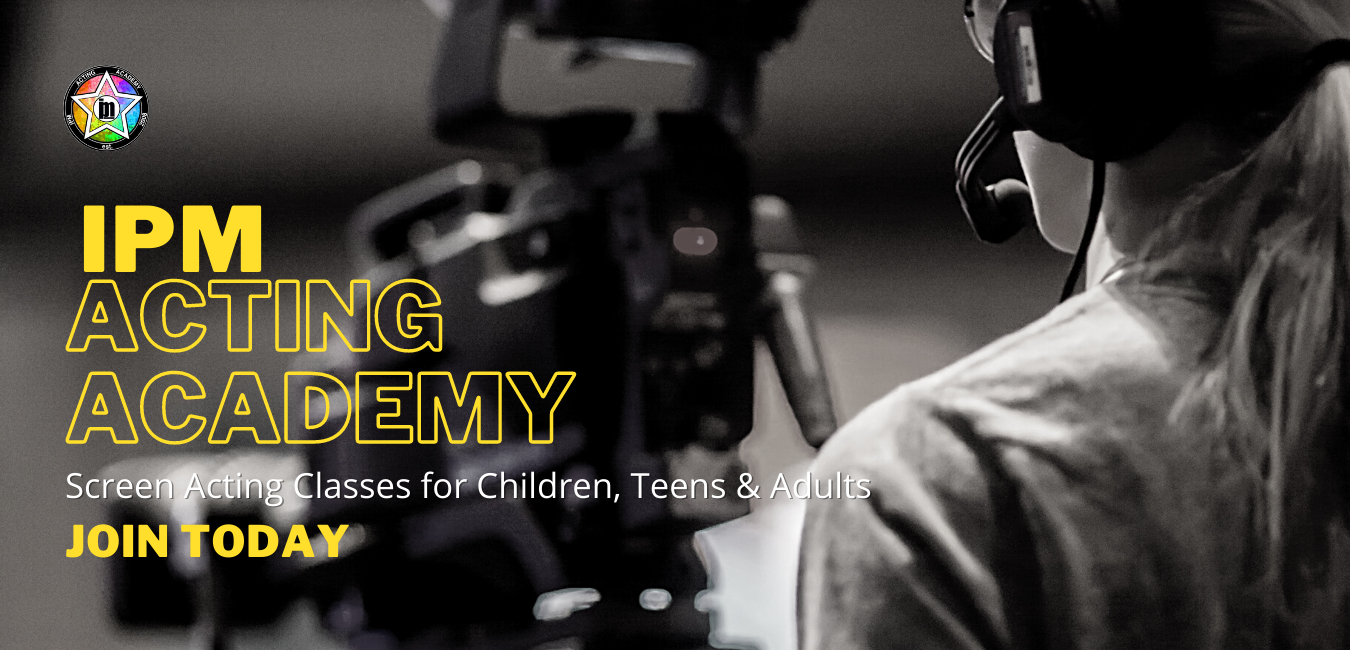


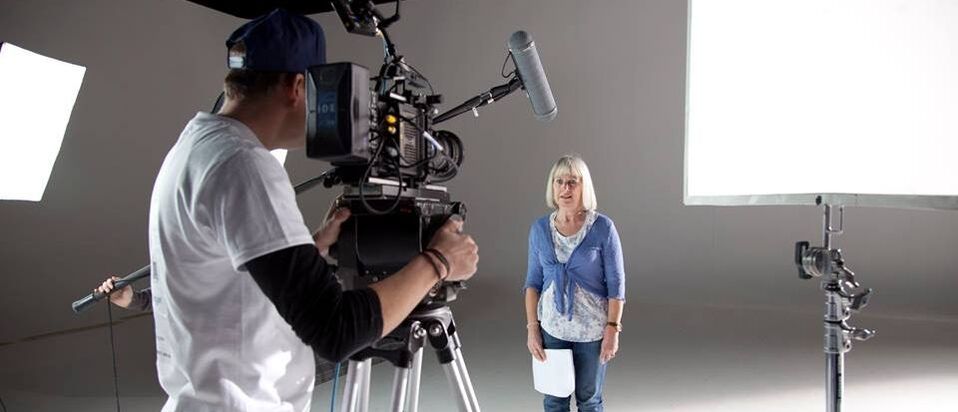
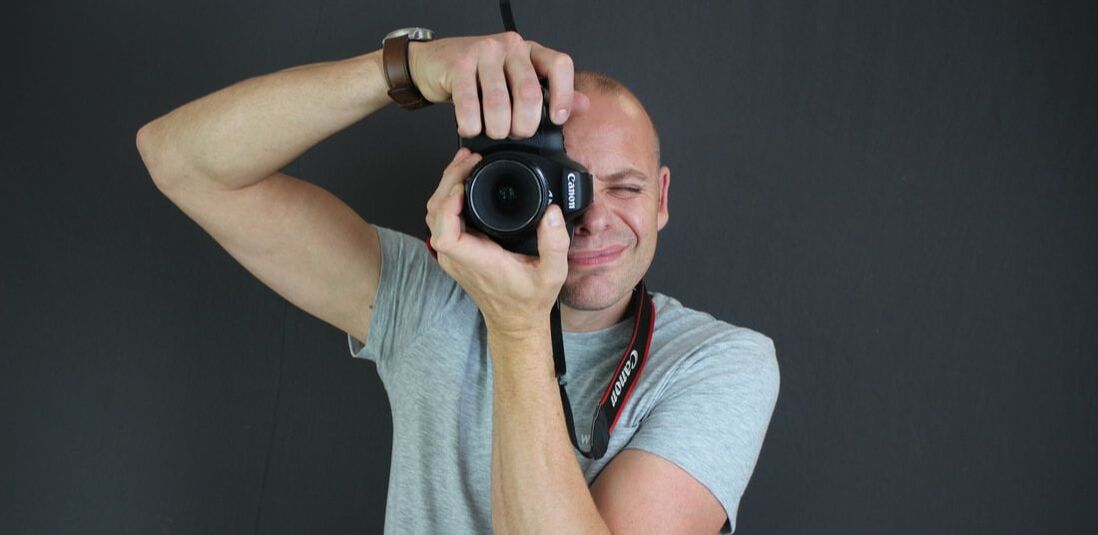

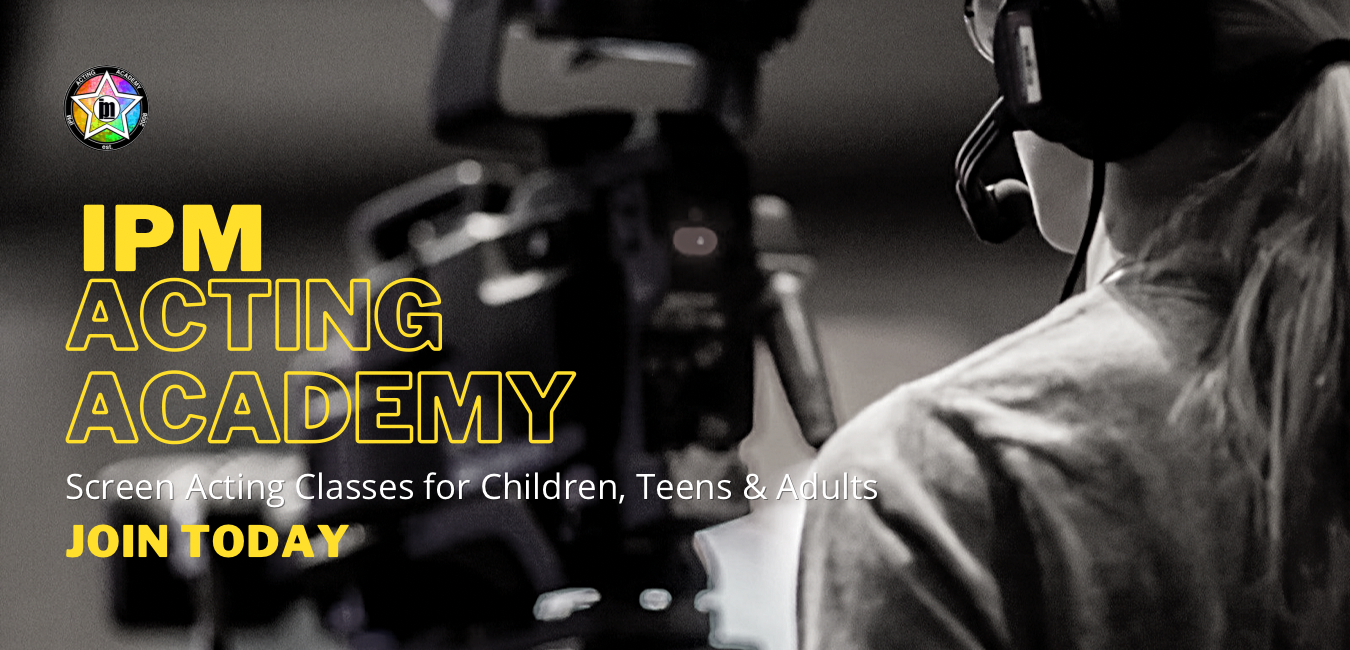










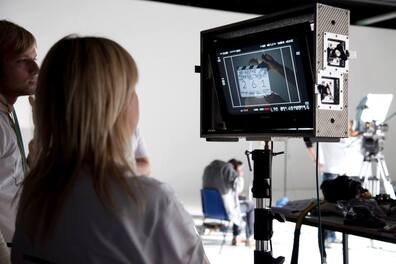
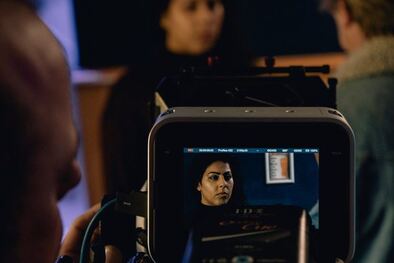
 RSS Feed
RSS Feed
